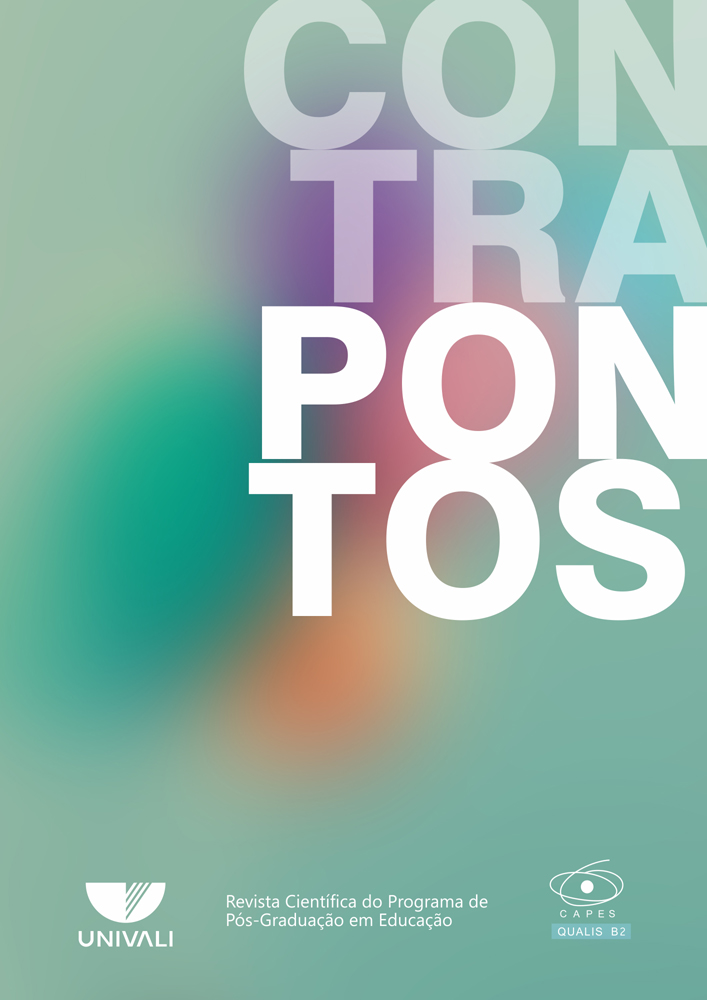HISTORY AND MEMORY OF THE INSTITUTO DE EDUCAÇÃO DE PERNAMBUCO
DOI:
https://doi.org/10.14210/contrapontos.v18n3.p212-226Keywords:
Education, History, Educational institutionAbstract
The paper discusses the transition from the Escola Normal Oficial de Pernambuco (Official Normal School of Pernambuco) to the Instituto de Educação de Pernambuco (Pernambuco Institute of Education), now called the Sylvio Rabello School. The research represents a contribution to the history of educational institutions in Recife, aiming to preserve the historical memory of a school institution that was responsible for training Masters of the first Letters degrees of the Twentieth century. The school, like any other social institution, has been the subject of countless studies. From its origin to the present day, researchers have investigated the importance of this institution to society, as it influences the training of individuals. Our objective is to study the history of the Escola Normal de Pernambuco up until the creation of the Instituto de Educação, taking into account the pedagogical, political, social and economic transformations that consolidated a new society. It is observed that in this process, there was also the question of the insertion of women, and it is at this juncture that we turn our gaze to reflect on what motivated women to look for intellectual training outside the home, at a time when women were expected only to become mothers and housewives. The research uses renowned authors for theoretical background, including: Le Goff on the form of organization of the documents; Michel Foucault on the question of disciplinary behavior; And Bassanezi, who helps us understand this process of women leaving the home to attend educational institutions. In addition to the sources presented, we also use ideas consolidated and built upon by researchers who have dedicated their studies to the history of Brazilian education. To answer the questions, the methodology involves a search in the archives of thee Pernambuco-IEP Institute of Education, the state public archive, and the Joaquim Nabuco-FUNDAJ Foundation. The adopted methodology also involves bibliographical references, personal reports (interviews with adherents of normalism), use of documentaries, newspapers of the time; and iconographic analysis, that gave a better understanding of the values, customs, opinions, and social and family relations experienced by the informants.
Downloads
Published
Issue
Section
License
Upon acceptance of an article, the author gives full rights of the work to Contrapontos., but retains the authorship. The published work is considered collaboration. Thus, its author will not get paid nor will s/he be charged by Contrapontos. The responsibility of the article solely goes to the authors. Citations and transcriptions are allowed by mentioning the sources.
Â

This work is licensed under a Creative Commons Attribution 4.0 International License.

